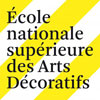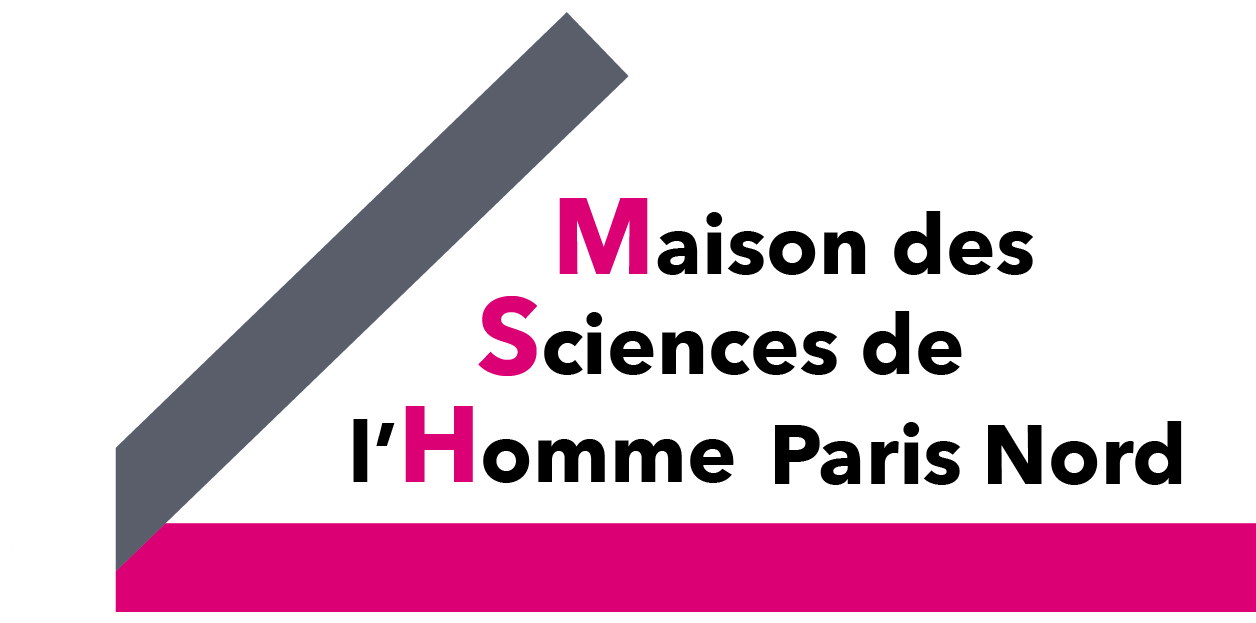Le développement récent des technologies Web et Internet des objets (IoT) - en démocratisant l’accès et la manipulation des technologies tant aux niveaux logiciels que matériels - a ouvert de nouvelles perspectives aux chercheurs et aux artistes s’appuyant sur des environnements multimédias distribués et s’intéressant aux interactions collaboratives. Cependant, la complexité inhérente à de tels systèmes distribués, en particulier quant aux nécessités d’interactions temps réel, synchronisées et multimodales propres à la musique et aux arts vivants, pose de nouvelles questions sur la conception d’interactions permettant à ces praticiens d’utiliser et surtout, de s’approprier de manière créative ces technologies.
Dans ce contexte, les objectifs du projet Distributed Musical Things for Collective Interactions (DOTS) sont doubles: 1) Comprendre comment notre système expérimental pourrait mieux soutenir le travail créatif, collaboratif et multidisciplinaire dans des situations réelles, en requestionnant l’impact des technologies dans de telles tâches. En particulier, notre objectif est de développer un cadre méthodologique destiné à faciliter le processus d’apprentissage des utilisateurs et à soutenir leur appropriation des aspects tant technologiques que de conception. 2) Développer une nouvelle version de notre plateforme pour créer un éco-système cohérent d’outils modulaires, portables, interopérables et à bas coût (ciblant à la fois les plateformes mobiles et embarquées) dédié aux applications créatives et musicales, y compris pédagogiques. En particulier – en tenant compte des spécificités liées aux interactions multimodales continues et synchronisées dans les systèmes distribués – notre objectif est de développer de nouveaux outils et de nouvelles interfaces qui permettent de soutenir le travail créatif (e.g. feedback immédiat, boucles rapides d’essais et d’erreurs) d’utilisateurs ayant différents parcours, compétences et objectifs.
Partant de l’hypothèse que les pratiques artistiques expertes nous fournissent un cadre exemplaire et stimulant pour aborder ces questions de recherche et proposer des technologies innovantes, nous mènerons ce projet selon une méthodologie de recherche-action et en nous appuyant sur le cadre conceptuel du méta-design. Plus précisément - dans une perspective interdisciplinaire centrée sur la pratique mêlant Interaction Homme-Machine, Ubiquitous Computing, Sound and Music Computing, Design et Arts - nous mettrons en œuvre une méthodologie itérative et incrémentale alternant phases de développement et travaux de terrain menés lors de résidences artistiques et d’ateliers menés dans des écoles d’art et des universités. Ainsi, nous allons à la fois 1) développer de nouveaux outils (logiciels et matériels) favorisant l’appropriation et le travail créatif au sein des systèmes distribués musicaux, et 2) produire des études de cas documentées nous permettant de mieux comprendre comment les praticiens experts en arts et en musique interagissent avec les outils technologiques et se les approprient de manière créative. Nous pensons également que les technologies et les méthodologies développées au cours du projet favoriseront la mise en place de nouveaux cadres expérimentaux permettant de soutenir des recherches dans d’autres domaines tels que la pédagogie ou le bien-être et le soin.
Équipe concernée : Interaction Son Musique Mouvement












